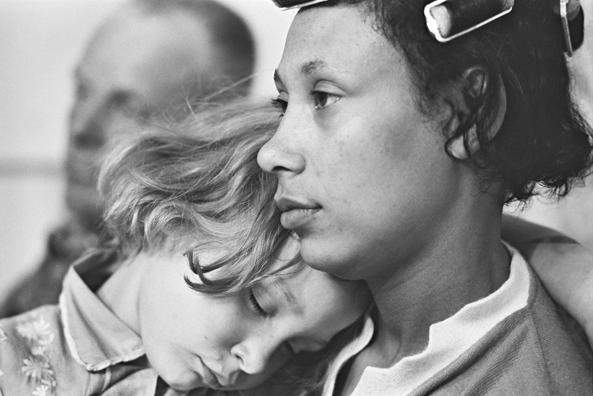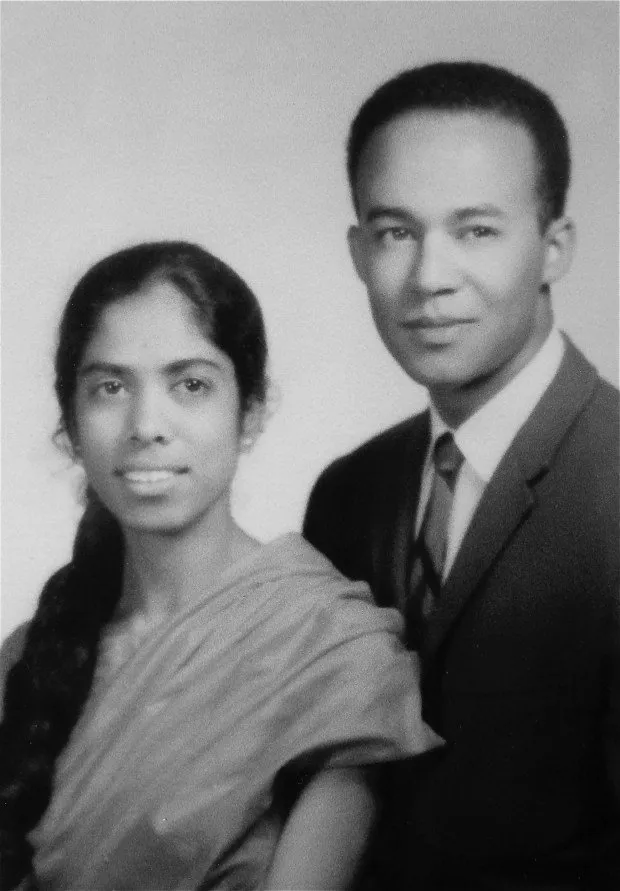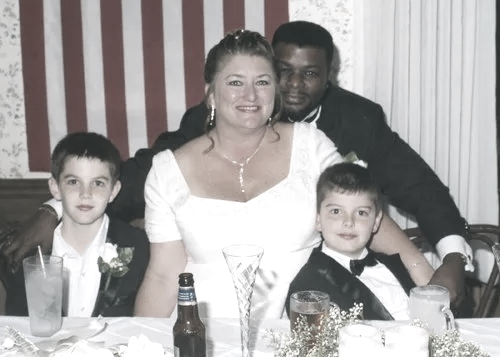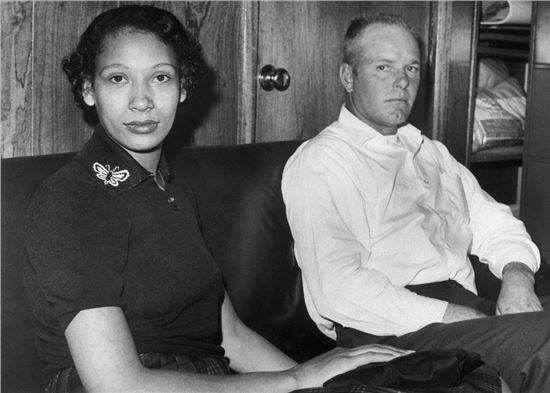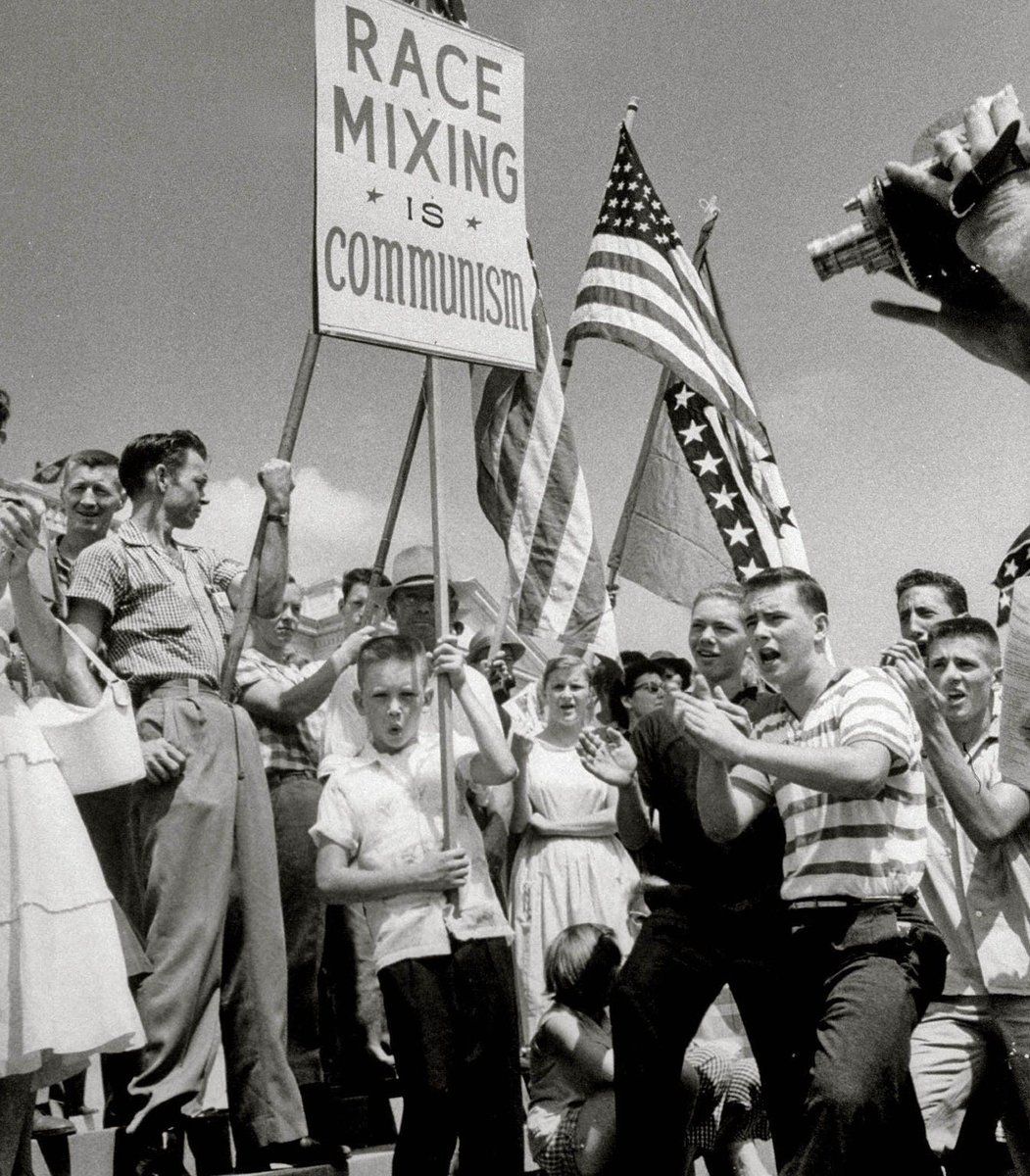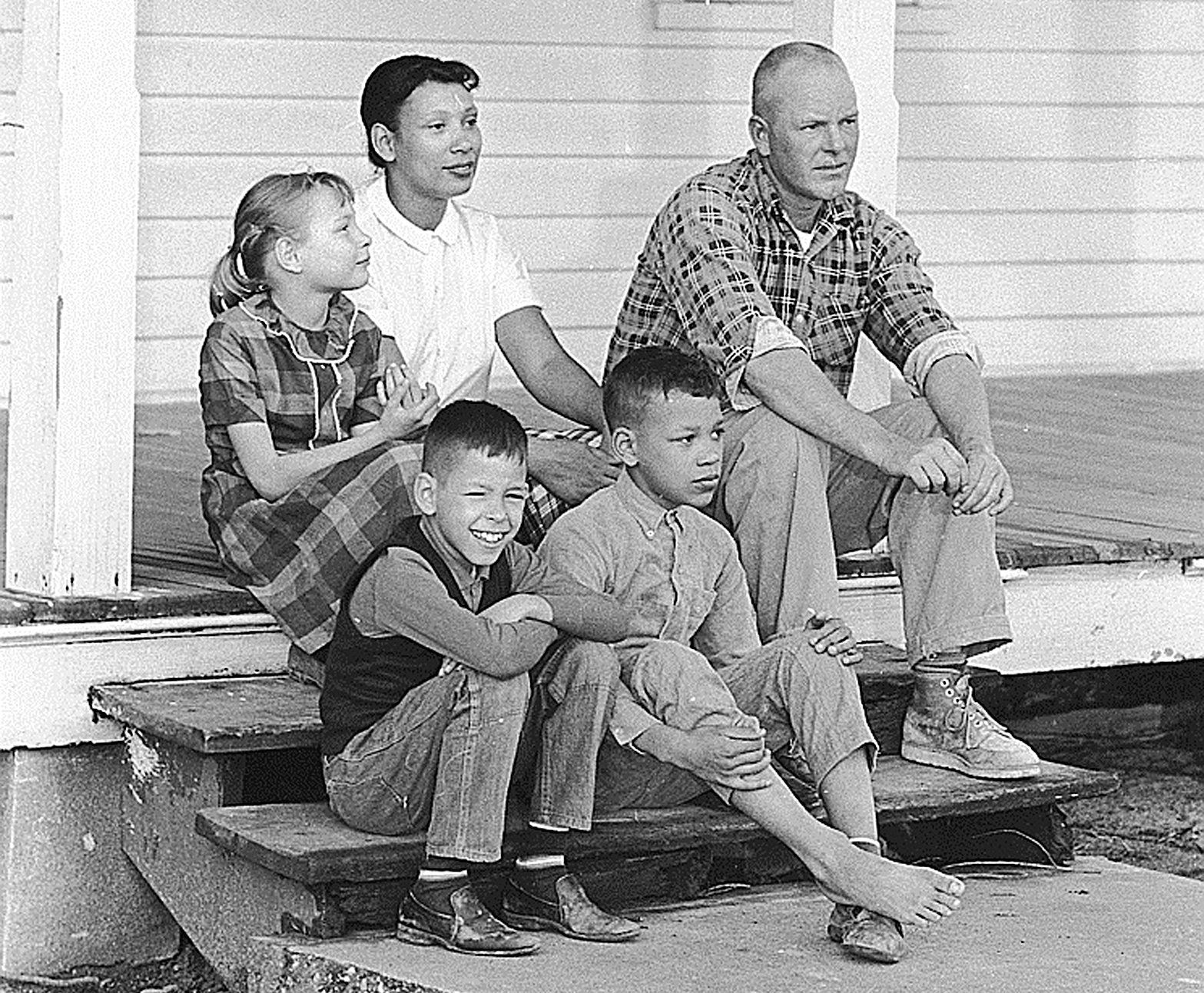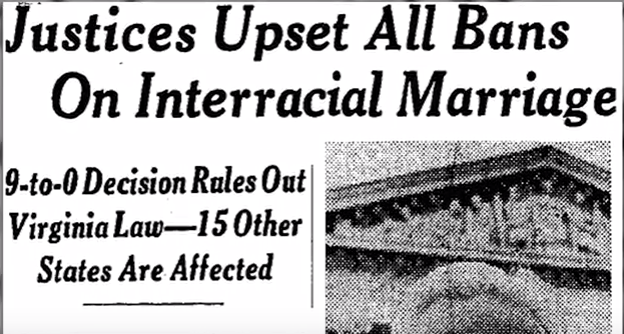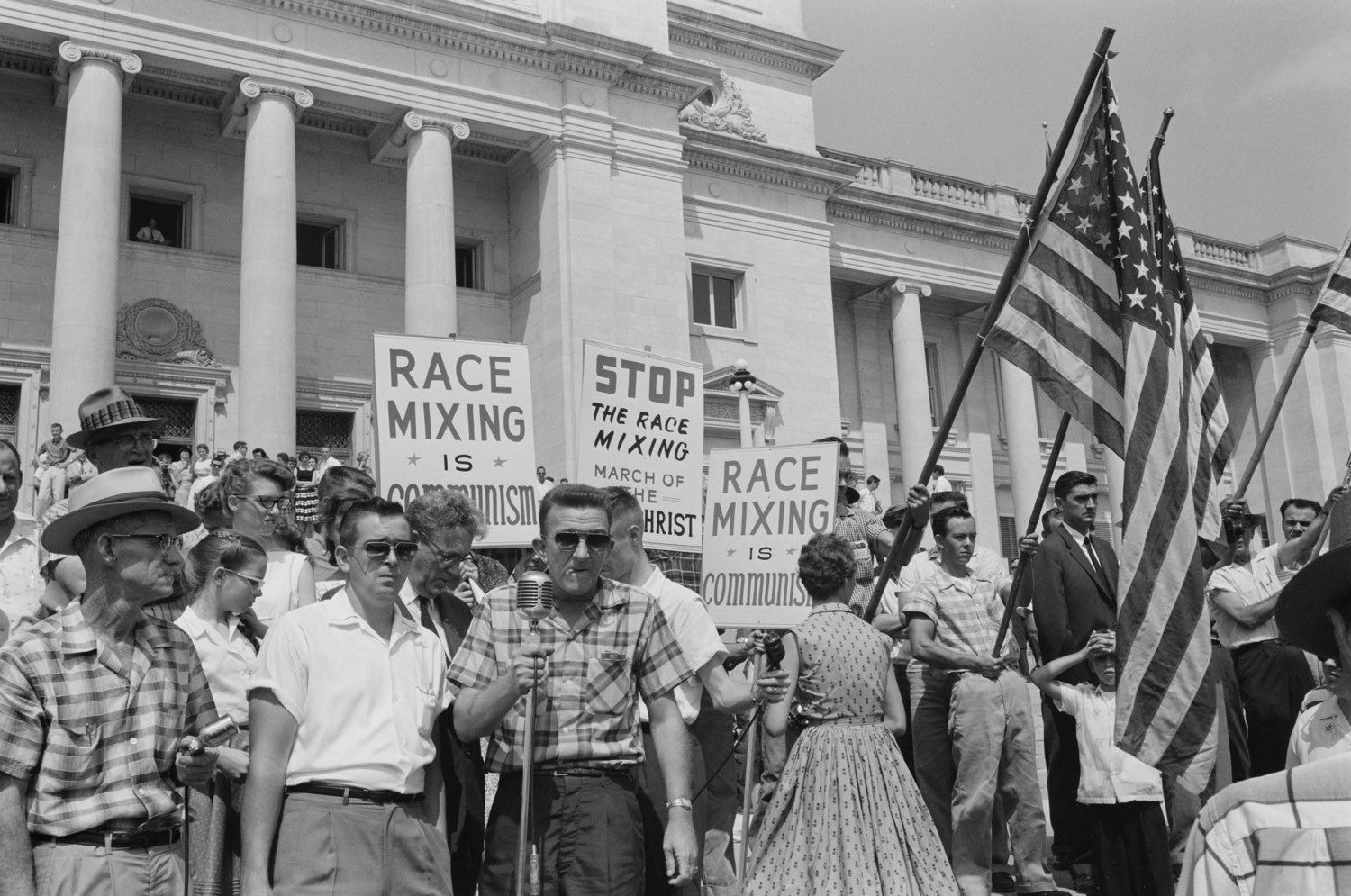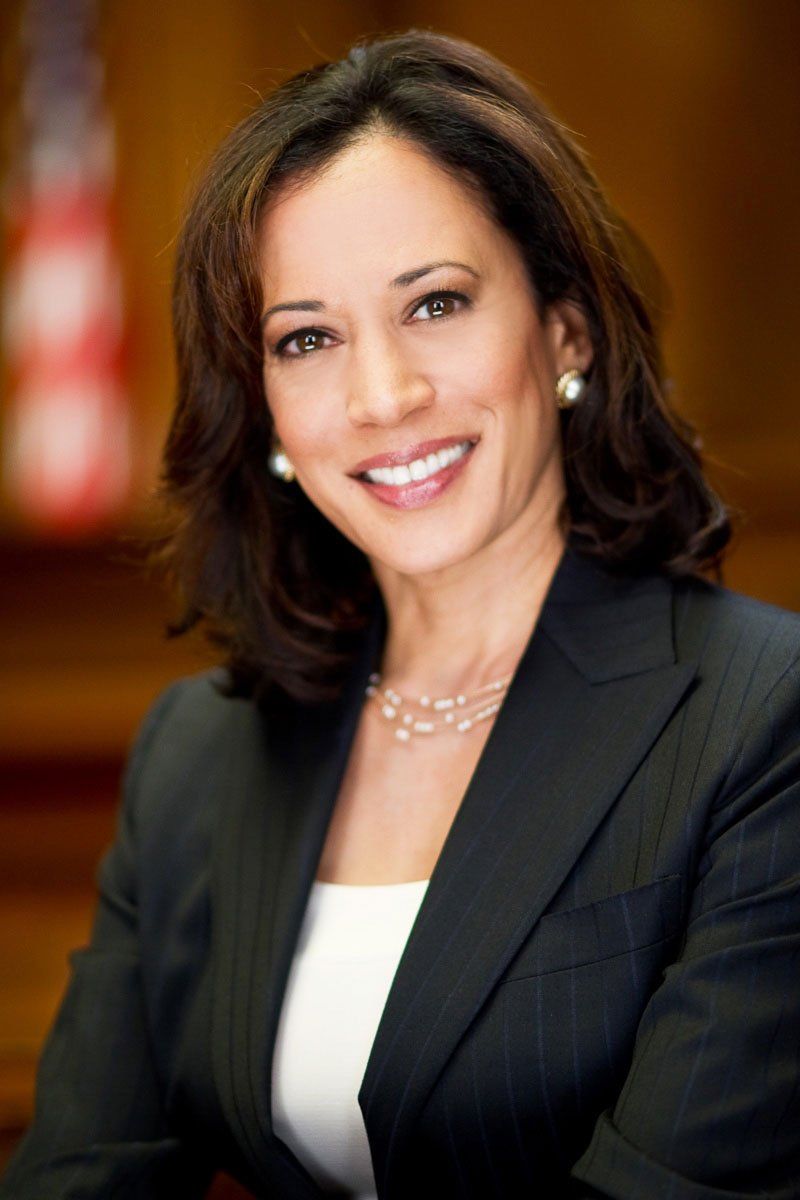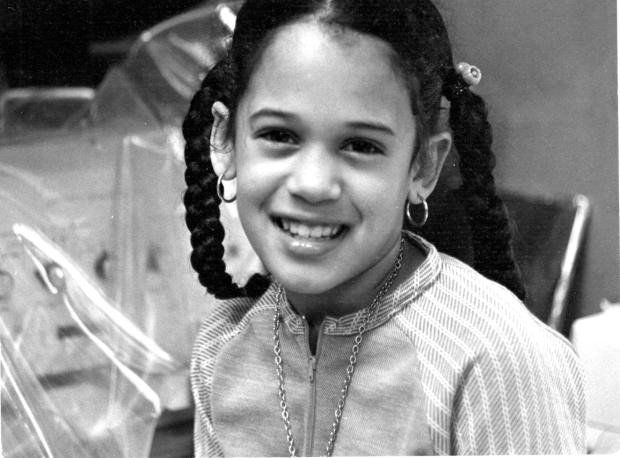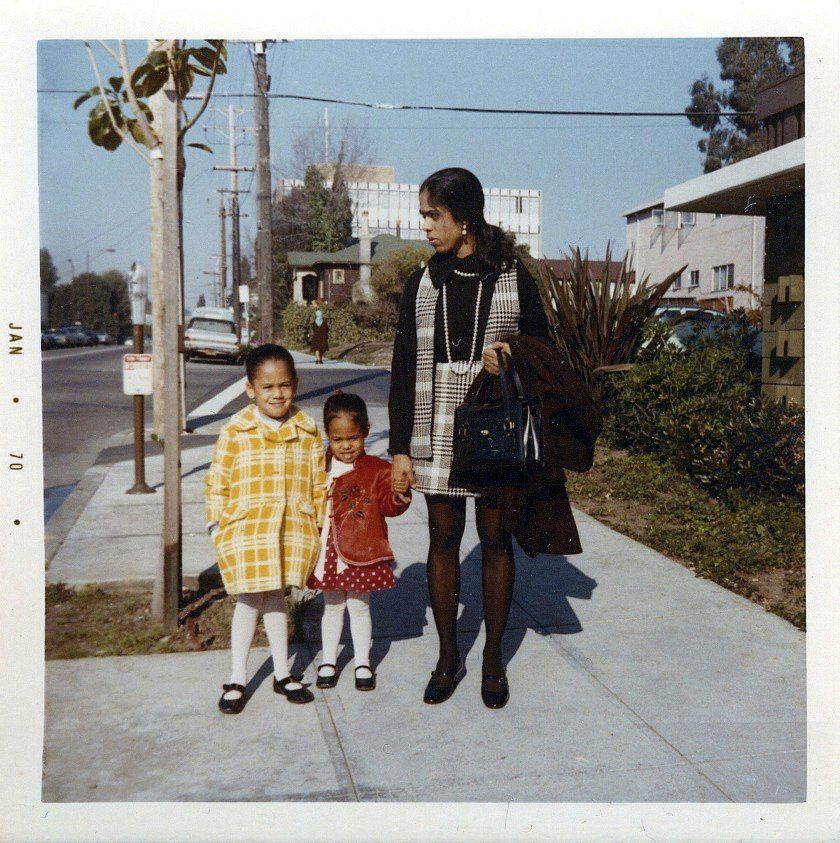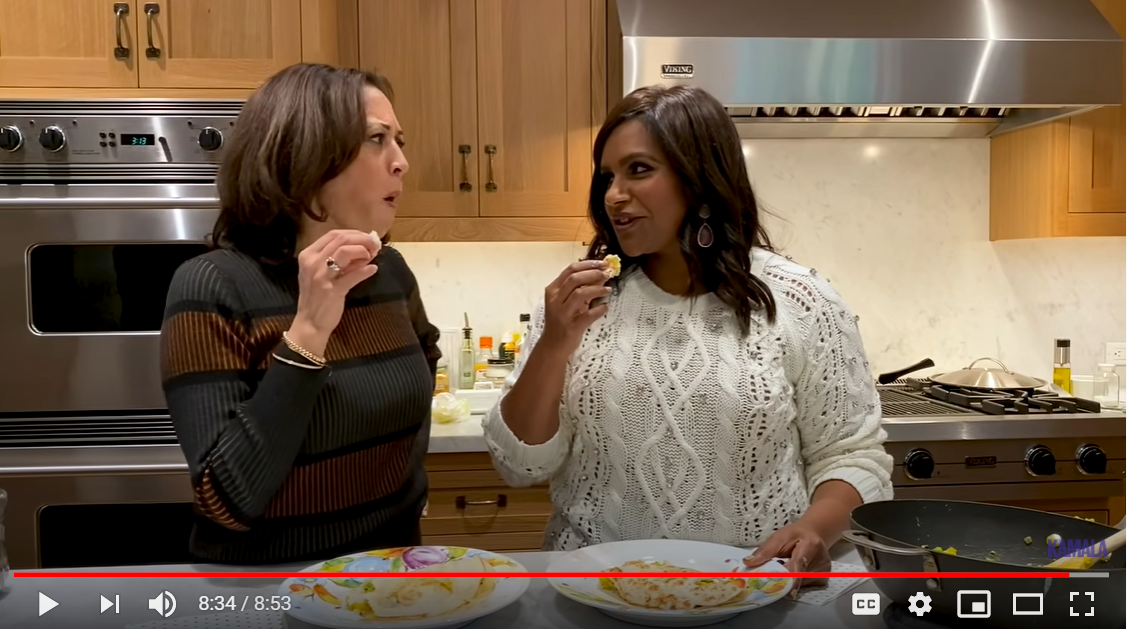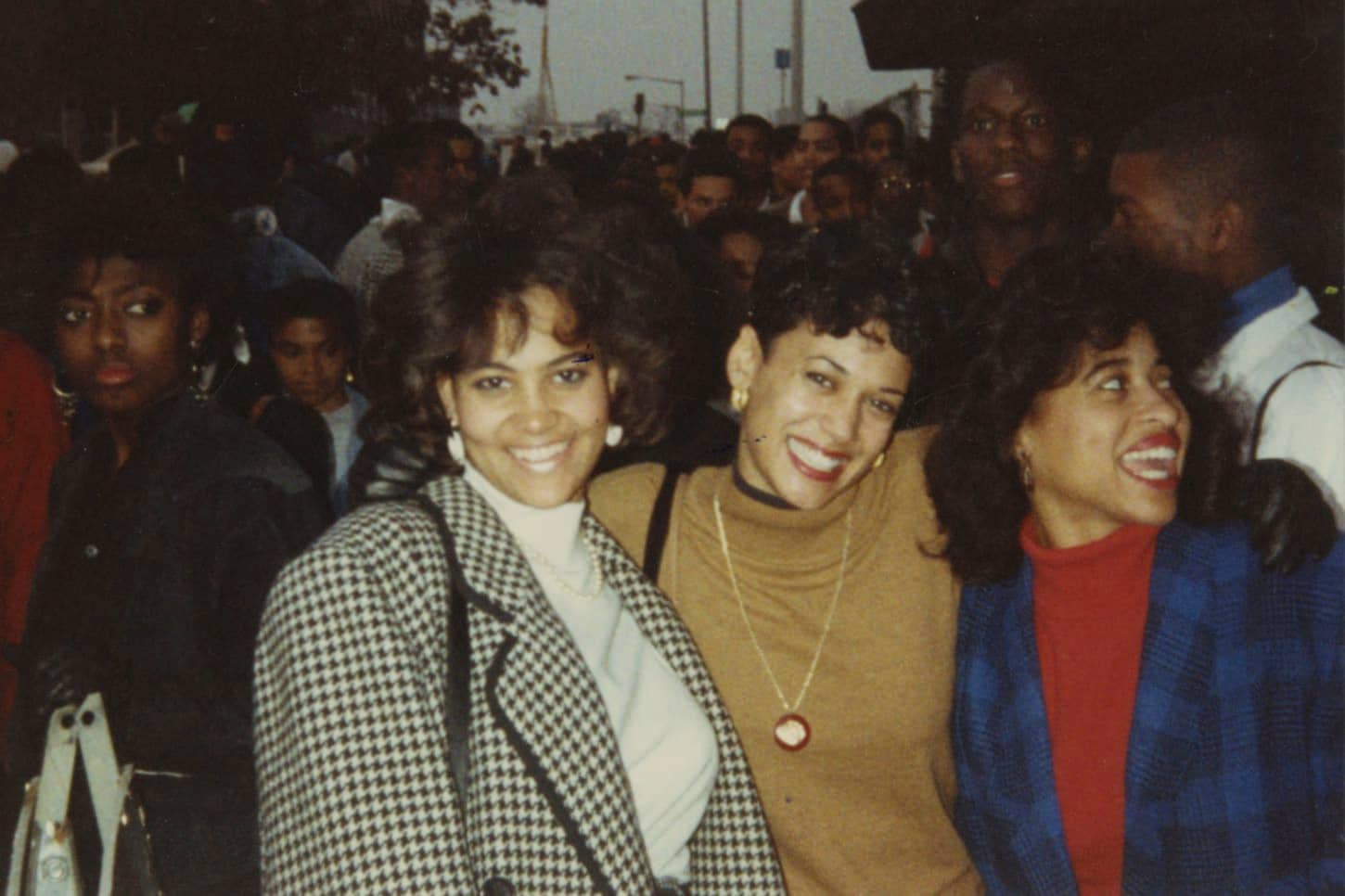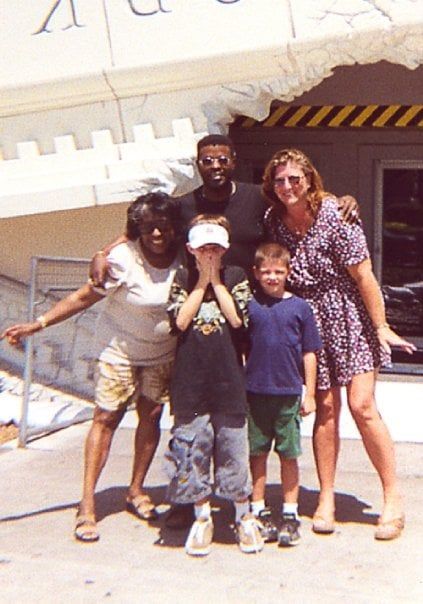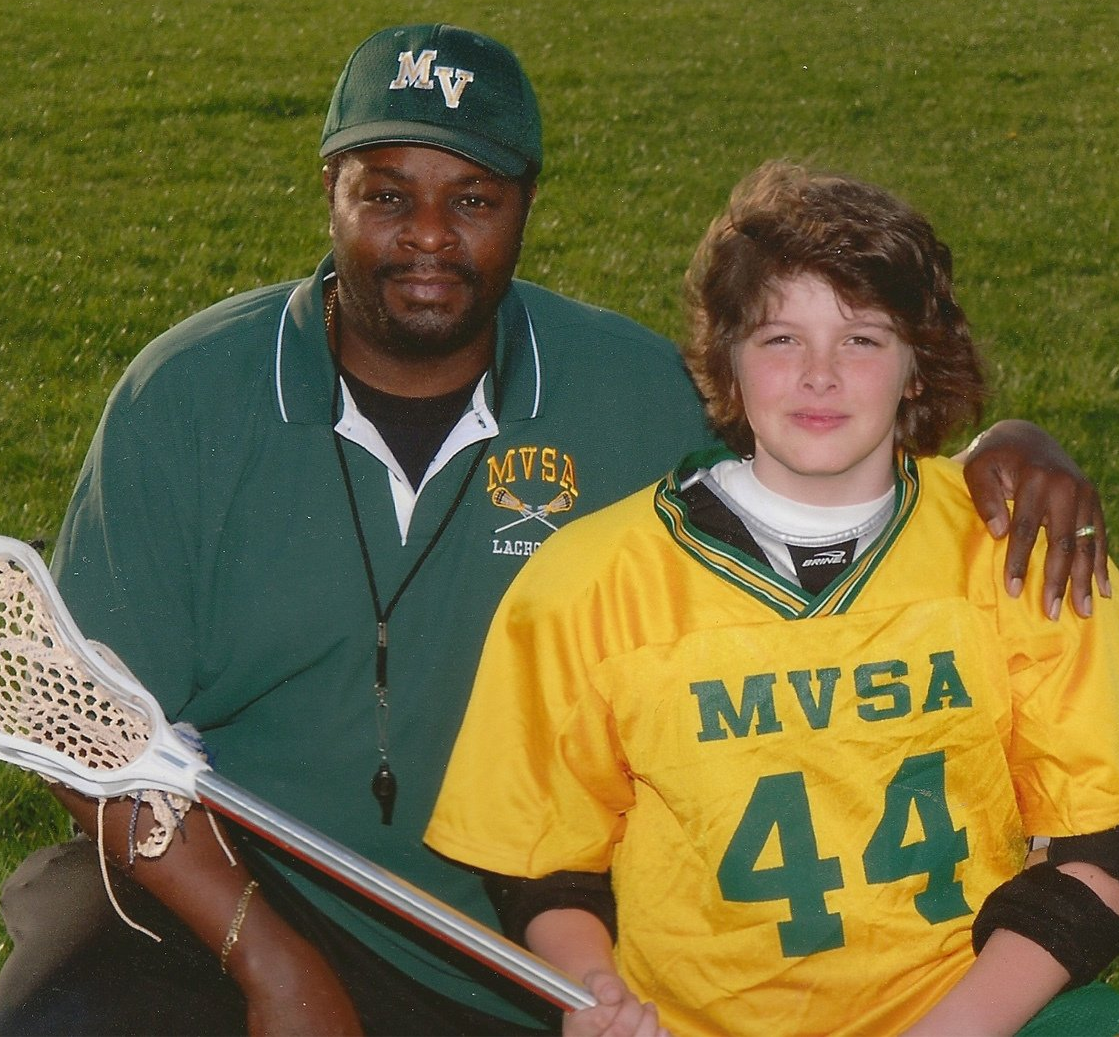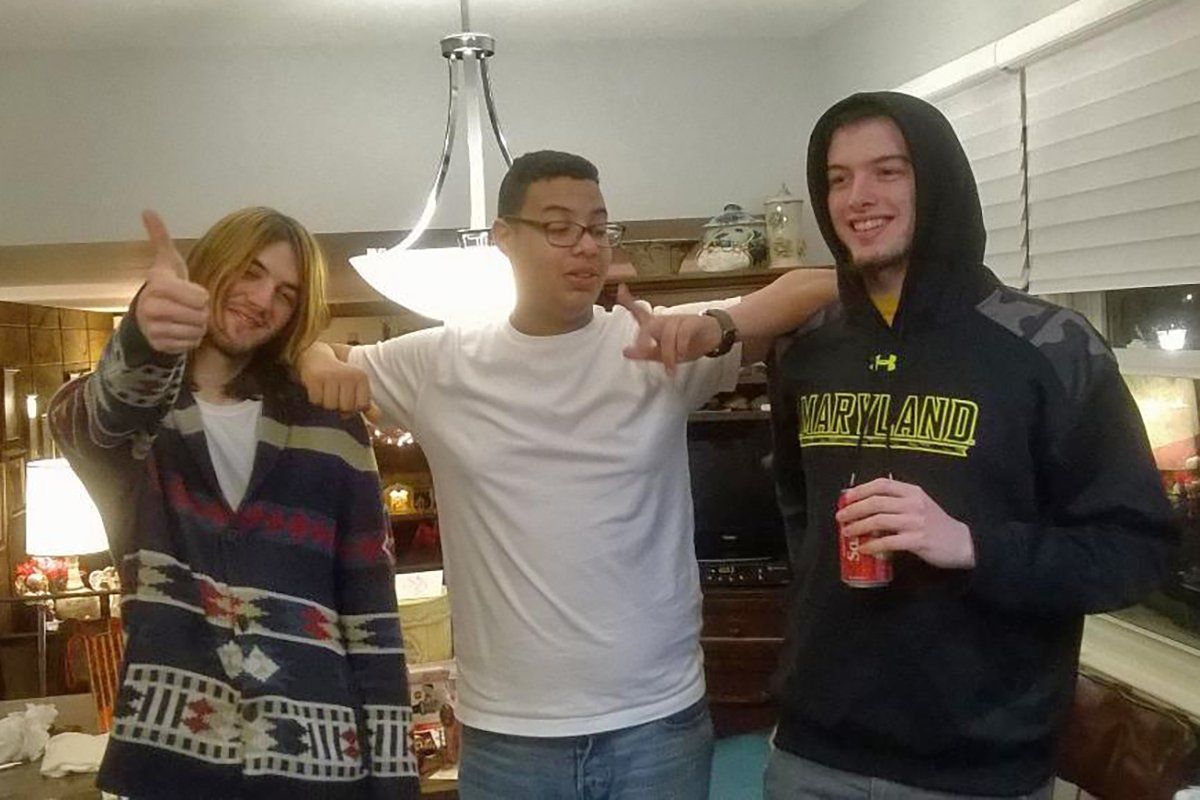It was October 20, 1964. The song “Baby Love” by the Supremes was climbing the top 100 charts. America and the world were still struggling to come to grips with the brutal assignation of John F. Kennedy. The age of Camelot had gone and with the new day the unspoken questions loomed about America’s future. Nikita Khrushchev, banging his shoe on the podium at the U.N., promised to bury us, we had just adverted what we thought was doomsday with the Cuban Missile Crises, and people were just starting to talk about some kind of British Invasion. College campuses were abuzz with Civil Rights activism and protests. This day, two immigrant doctoral students, who had met previously while attending one of those protests, gave birth to their first-born baby girl. They named her Kamala.
Who are we?
Meet the Lovings
In the early morning of July 11, 1958, the local police raided the Loving’s home, hoping to catch them in the act of sex. This would have added a second criminal violation of Virginia’s miscegenation laws as well as the one caused by their marriage violating Virginia state’s Racial Integrity Act of 1924.
On January 6, 1959, the Lovings pled guilty to “cohabiting as man and wife, against the peace and dignity of the Commonwealth.” They were sentenced to 1 year each in prison, with the sentence suspended if they left Virginia and never return for at least 25 years. They moved to Washington, DC, where they continued their legal battle and fought for their rights as American citizens.
Feeling empowered by the Civil Rights Movement, Mildred wrote to Robert F. Kennedy in 1963 asking for counsel. Kennedy referred her to the ACLU, and it was there that their case eventually went to the Supreme Court.
Finally, on June 12, 1967, by unanimous decision, the Supreme Court of the United States of America ruled in favor of the Lovings and struck down, not only Virginia’s, but all state laws banning interracial marriage, declaring that they were Unconstitutional, with Chief Justice Earl Warren writing “the freedom to marry has long been recognized as one of the vital personal rights essential to the orderly pursuit of happiness by free men.”
The historic ruling led to the overturning of similar statutes in more than a dozen states and ultimately marked the end of segregation laws in America. But for the Lovings, the ruling was simply the freedom to go home and to continue on with their lives, this time, loving without fear.
Born to Lead
What's in a Name?
There is something very special about blended families. Unlike the typical “Norman Rockwell” families, we have a whole different set and range of, difficulties, successes, growth, ideas, perspectives, and beauty. There’s something about bringing cultures and histories together that becomes life changing. Those who venture down this path, will find paradigm shattering, vision widening, truths that will alter their lives and future forever, not only for themselves, but their loved ones as well.
Laying the family foundation before marriage in Disney world, 2001
I loved my sons, as if they were my natural boys. But, I was very aware that they weren't. To avoid being the overbearing "mean old step dad" when disciplining them, we realized that we must be in step with one another and to show a united front. So, Mom was the one who laid down the law and all rules, which we would discuss, and most importantly, agree on before hand. And I was the enforcer, which still made me the bad guy, but we were sharing the resentment.
I can be so proud of them that my heart bursts with joy, or silently weeping to myself as I see them going through hardship, knowing that pain that they must overcome to mature. Leading them through the early years. Guiding them through the middle years. Advising them through their early adulthood and beyond. We worried about them, encouraged them, and supported them as one parental unit.
When introducing them, I always said my sons. Diane and I diligently tried to stay away from terminologies and labels such as “step”. Although, it could get pretty confusing for some outside of our family.
Author Mike Jones with his youngest son, Sutton at a Lacrosse practice.
Shortly after Diane and my wedding, my 11-year oldest son (he was 7 when we met), asked me if he and his brother could now, at long last, call me dad. My heart melted and part of me screamed “YES… YES”, but the mature man in me did not want to disturb the delicate and complicated dynamics of their “on and off again” relationship they had with their father.
Although I secretly didn’t like the relationship they had with their natural father, it was not my call. He had visitation rights and he used them. He was there every other Friday to take them away for the weekend and every other Sunday evening to drop them off. And every other Sunday evening, Diane and I started the heavy lifting of re-training them to live in our household again.
There were a couple of Sunday nights when they accidentally called me dad in front of him and a couple of times on Friday evenings when they accidentally called him Mike; he did not handle any of those times very well. They called him “Dad”.
So, in response to my son’s request I said, “No, you should continue to call me Mike.”
I wish I had the foresight not just say no, but to come up with some other endearing name they could call me like “Pop”, or “daddy mike”, or something. Because a familial name carries a lot more weight than a street name. It has love behind it. I think I lost a great family opportunity that day and one that could have helped us avoid a lot of family issues and anguish as the years went by.
Strange how something you can't touch, see, taste, smell, or hear, can change what it touches so completely, so perfectly. Even so, love conquers all.
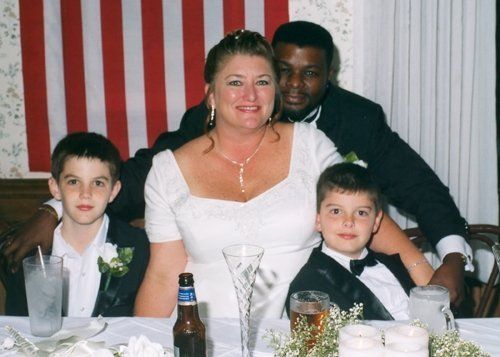
The author with his wife and new family on their wedding day in 2003
I don’t want to use the word “normal” when comparing blended families to non-blended families, because blended families, of all types, are quickly becoming the norm. So, I will use N.R., short for Norman Rockwell, as a synonym.
Blended families have the same concerns that NR families have, but with added issues that are specific to the complicated nature of joining families with different biological connections, histories, and in my case, race and culture. When Diane and I married and created our blended family, I thought I had an idea of what I was getting into. Although my ill-fated previous marriage was childless, I figured “How hard could it be?” However, as it turned out, I didn’t have a clue.
Diane and I dated a year before she even felt comfortable introducing me to her sons. She was concerned that if things didn't work out between us, they would not see some man “pop” into; then out of their lives. And as far I was concerned, it was okay with me. I was too busy trying to keep my graphics company afloat and just looking for a little romance, not a family. "But..." like the song lyricist, Elvin Bishop wrote "I fooled around and fell in love." After formally meeting the kids, I knew I was in for the long haul.
Addison and Sutton, 2005
One time, while I was coaching my youngest son’s lacrosse team, the photographer we hired to take team pictures one day asked for each father to form a line and step forward with their son for a Father and Son portrait. When I stepped up with Sutton, he frantically started waving us off, saying. “No, coach, just the dads!” As I tried to tell him, that in fact, I was his dad, he kept shaking his head and trying to get me to leave, like he wouldn’t or couldn’t hear me. Finally, I had to say in a rather loud voice, “I’m his step-dad.", which immediately caused him to be quiet, then started to profusely apologize, while setting up for our portrait.
Only when absolutely necessary to make a distinction, for medical purposes or alike, did I use phrases like biological, or natural. However, I do have one regret.
The boys discussing height with their cousins (from right to left, Addison Gasper, Ian McCarthy, and Sutton Gasper)

